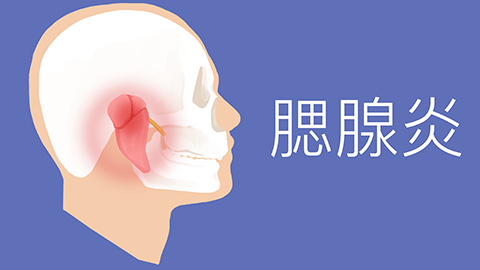Does the face swell during an outbreak of mumps?
Generally, whether mumps causes facial swelling during the acute phase depends on the specific type of mumps. If discomfort occurs, prompt medical attention is recommended. The detailed analysis is as follows:

If the mumps is epidemic (epidemic parotitis), facial swelling commonly occurs during the acute phase. This type is caused by a viral infection, in which the virus invades the parotid gland tissue, leading to non-suppurative inflammation and swelling of the gland. Swelling typically begins on one side and spreads to the other side within 1–4 days. Centered around the earlobe, the swelling extends forward, backward, and downward, resulting in an asymmetric facial appearance. It may be accompanied by symptoms such as pain, fever, and increased pain during chewing or swallowing.
If the mumps is bacterial in origin, facial swelling during the acute phase depends on the severity of the condition. In mild cases, patients may only experience slight tenderness or fullness in the parotid region without obvious facial swelling. However, in more severe cases, suppurative inflammation develops in the parotid gland, causing localized redness, swelling, heat, and pain. The swelling is usually confined to the parotid area, and pus may discharge from the parotid duct opening when pressure is applied. Some patients may also develop high fever and systemic discomfort.
During an episode of mumps, adequate rest should be maintained and strenuous activities avoided. Diet should consist mainly of light, easily digestible liquids or semi-solid foods. Acidic foods should be avoided as they may stimulate salivary secretion and worsen pain. Good oral hygiene is important; rinse the mouth with warm water after meals to prevent secondary infections. If facial swelling occurs, local cold compresses may be applied as directed by a physician to help reduce swelling. If swelling progressively worsens, pain becomes severe, or high fever persists, prompt medical evaluation and treatment are necessary to prevent complications.




